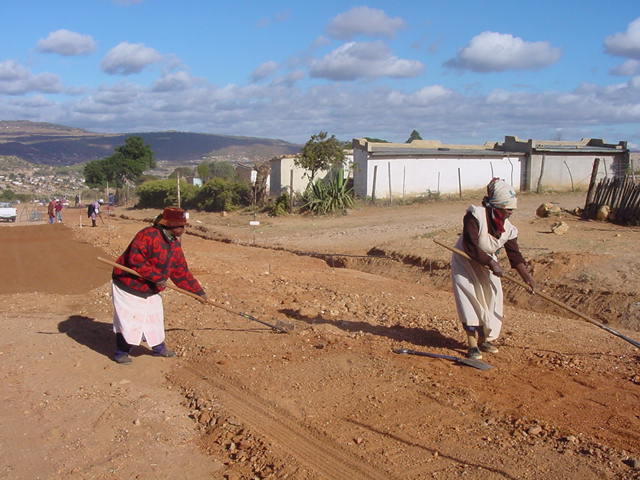I.T. Transport
Driving Progress: Integrating Solutions for a Sustainable Road Sector by integrating cross cutting issues
Driving Progress: Integrating Solutions for a Sustainable Road Sector by integrating cross cutting issues
This includes appraisal of transport demands to meet economic and social needs, with emphasis on assessment of access needs, gender equality and social inclusion and climate resilience at household, community and national levels.

As a leading management consulting firm specialising in roads and transport solutions, ITT is known for its commitment to excellence and innovation. Collaborating with governments, agencies, and stakeholders, we deliver customised strategies and interventions to tackle intricate transportation challenges and foster sustainable development. Our distinctive approach lies in our comprehensive Appraisal of Transport Demands, integrating economic and social factors to develop inclusive and climate resilient transportation systems.
Unlike traditional firms, we prioritise community needs, ensuring accessibility, equity, and responsiveness to diverse populations. Transport Demand Appraisal is pivotal for understanding community needs and shaping responsive and inclusive transportation systems. By evaluating transport demands, including access, gender equality, social inclusion, and climate resilience, stakeholders can identify gaps and opportunities for improvement. This approach facilitates evidence-based decision-making and targeted interventions. Our methodology for Transport Demand Appraisal is holistic and participatory, tailored to each project’s objectives and stakeholder groups. We prioritise collaboration, working closely with stakeholders to develop customised appraisal solutions that address local needs and priorities, fostering commitment to implementation and sustainable development.

As a consultancy specialising in roads and transport solutions, we are committed to embedding these principles into our projects to foster inclusive and sustainable transportation systems that benefit all members of society. In addressing gender equality and social inclusion, our Gender and Climate Change approaches integrate considerations at various levels, from households to communities to the national level. Through comprehensive assessments, we identify the specific mobility needs and challenges faced by marginalised groups, ensuring that our projects prioritise accessibility, safety, and equity for all users. Additionally, we prioritise climate resilience in our projects by assessing vulnerabilities, identifying adaptation measures, and integrating climate considerations into planning and design.
By enhancing the resilience of transportation networks, we help communities withstand climate change impacts and ensure continuity of essential services. Our approach to Gender and Climate Change is guided by inclusivity, equity, and sustainability. We conduct Gender Analysis and Climate Risk Assessments to pinpoint vulnerabilities and intervention opportunities, engaging stakeholders in participatory processes to ensure project responsiveness to local needs and priorities

Understanding the profound societal and environmental impacts of transport infrastructure projects through our Comprehensive Transport Impact Assessments are a priority. We evaluate projects from planning to operation, ensuring they meet economic, social, and environmental needs. While traditional assessments often overlook social and environmental factors, focusing solely on engineering feasibility and costs, our holistic approach considers technical, social, economic, and environmental impacts.
Throughout the project lifecycle, we conduct multi-layered assessments. During planning and design, we evaluate potential impacts, allowing for course correction to minimise negative effects. Our appraisals consider economic and social needs, ensuring projects address access gaps and promote gender equality and sustainable development. We monitor projects during construction and operation, identifying unforeseen impacts and ensuring compliance with mitigation measures. Post-construction evaluations assess long-term impacts and identify improvement opportunities. By considering all aspects of a project, we help clients develop sustainable transport infrastructure that boosts economic growth by facilitating trade and job creation. We ensure projects promote social inclusion by improving access to markets, education, and healthcare, particularly for marginalised communities. Environmental protection is paramount, and we advocate for low-carbon transport options, climate-resilient infrastructure design, and mitigation measures. Our multidisciplinary team combines expertise in engineering, economics, social development, and environmental science to deliver tailored assessments. We engage stakeholders throughout the process, fostering communication and collaboration to ensure a holistic evaluation that meets project needs and development goals

 Trade Facilitation
Trade Facilitation